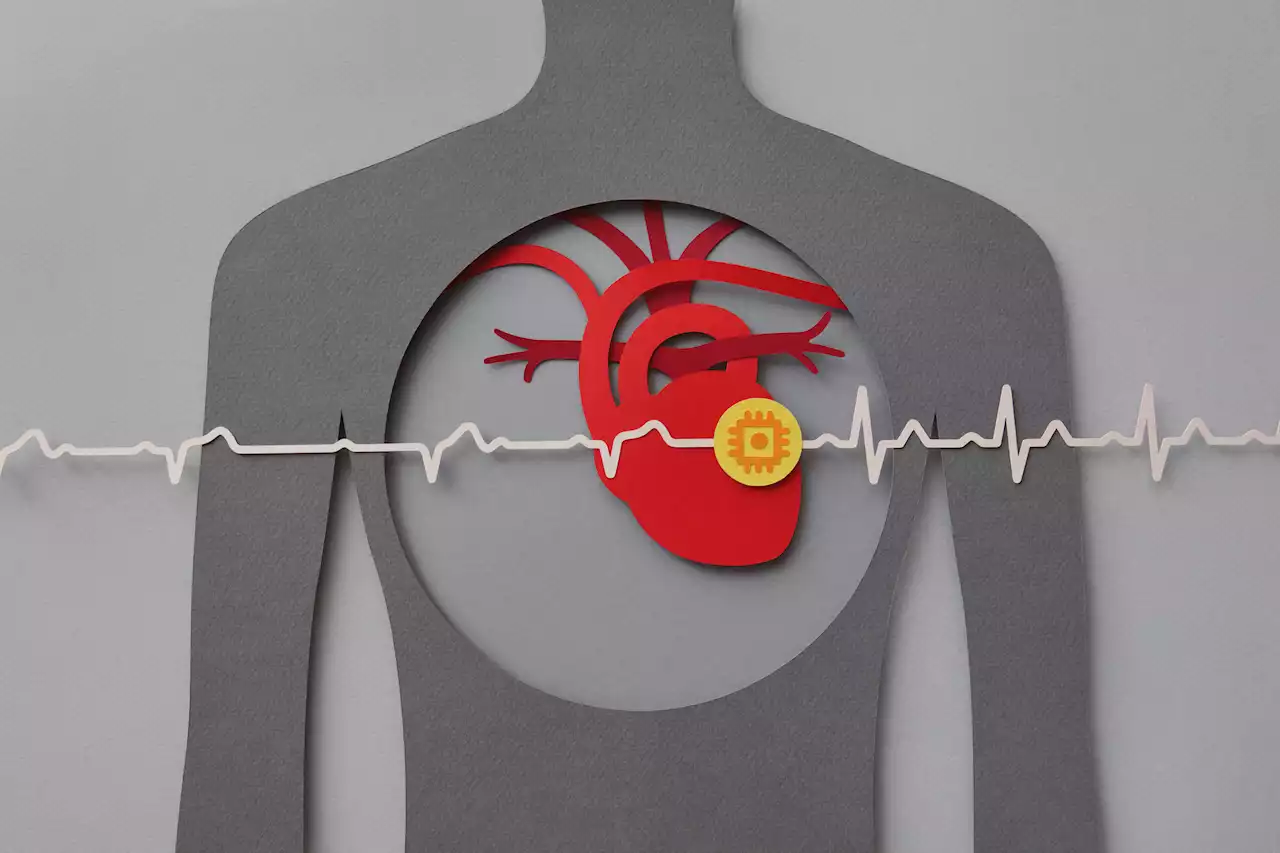Inside the connection between diabetes and heart arrhythmias
he human heart beats roughly 3 billion times during the course of an average lifetime. Every single time it beats, blood is drawn into its two upper chambers, held there briefly by a network of valves, and then pumped out forcefully through its two lower chambers. This drawing-and-pumping action ensures that about six liters of freshly oxygenated blood leaves the heart and enters the bloodstream every minute—a volume that can rise to more than 35 liters per minute when someone is exercising.
Heart arrhythmias are common; up to 5% of the general population has some form of the condition. The most common form, by far, is atrial fibrillation, or “Afib.” This is a type of arrhythmia that arises in the upper chambers of the heart. “Between 60 and 100 beats per minute is normal,” Piccini says. “In Afib, the top regions of the heart are in total chaos and could be beating on the order of 400 to 600 beats per minute.
Almost 30 years ago, data from the Framingham Heart Study helped reveal that people with diabetes are at increased risk for Afib. However, the connection between the two conditions has only recently garnered serious research attention. “This is an area of tremendous interest primarily because we have discovered newer classes of medications that, in addition to lowering glucose, can also reduce the risk of heart complications,” says Dr.
All of these hypotheses could turn out to be accurate. “It’s probably not just one mechanism or one explanation, but several,” she says.Prevention and treatment However, there are some newer types of diabetes drugs that may help lower a person’s odds of developing an arrhythmia. “There’s some evidence that certain classes of diabetes drugs, such as SGLT2 inhibitors, may reduce the risk of atrial arrhythmias,” Green says. There are also some drugs that are aimed specifically at reducing the risks of heart complications in people with diabetes.
It might also be helpful for people with diabetes to ask their care provider about medications that have been shown to reduce heart-related complications. “The landscape of treatments to reduce the risk of cardiovascular events in people with Type 2 diabetes has completely altered over the last 10 years,” Green says. “I think it is time for everyone, clinicians in particular, to reassess whether the regimens they are prescribing are the most effective for their patients.
